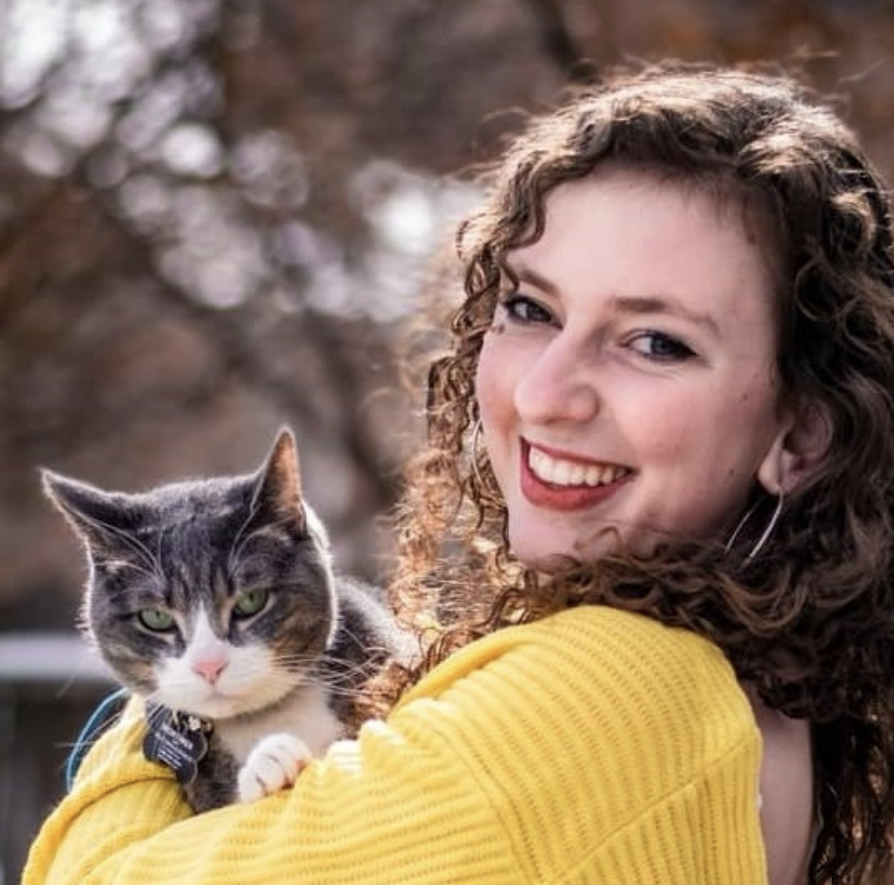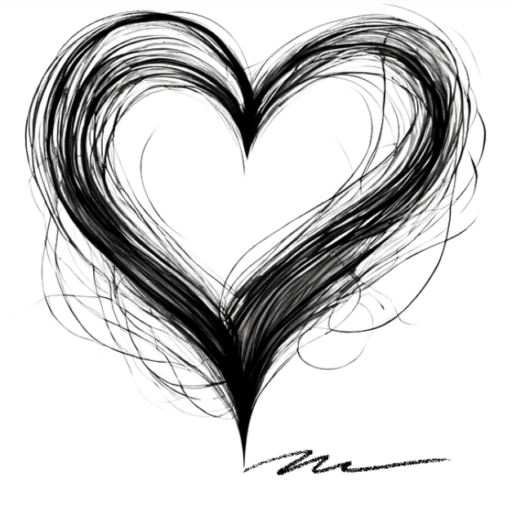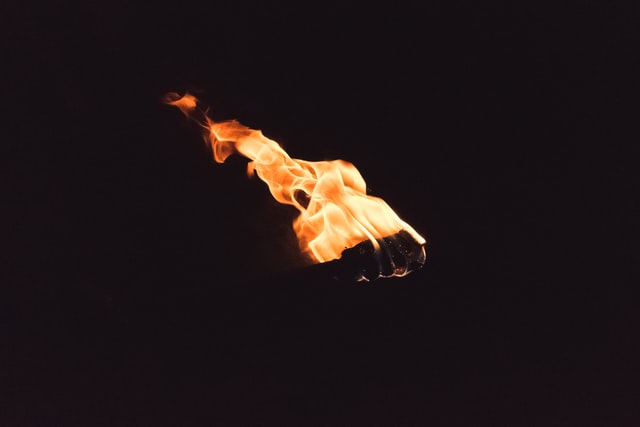The Viking Funeral
When he was born, he had a hole in his heart. It wasn’t a big hole, but it was enough to pronounce its significance through the panic of his mother and the hospital staff that tended to the smallest of the triplets. Later, when the air of youth invigorated our lungs and the weight of reality was only a faint pressure, we would joke about the hole, how he could die any minute of a broken heart. It seemed very on-brand for him.
“When I die, I want a viking funeral,” he would say, much to my amusement. It seemed unrealistic, the concept of death. Armed with the misguided optimism of the young, we were going to live forever.
“A viking funeral?” I asked him.
“Complete with fire and a raft and everything. Just light me up and send me on my way.”
I broke his heart like a bad habit, drifting in and out of his life, barely staying afloat. He was a buoy that I clung to whenever I went too far, a reminder of when to turn back, when to come home.
The world nipped at our heels, an impatient retriever, keeping our untamed tendencies in line. The thick fog of reality rolled into view. His heart, hellbent on beating, kept time.
Laying in the dappled shade of an aged tree by the lake, we spent the hottest day of the summer in silence. His breath nothing more than a whisper, he could have been sleeping. I pressed my ear to the chamber of his chest, searching for his heartbeat. Locating it, the constant patter soothed me like heavy rain. I thought about the hole, the small anomaly that hid beneath his ribs and nestled in the wall of his heart. I held my breath, listening to my own internal rhythm and willing his to fall in sync with it, as though teaching his heart how to behave would fix the problem.
Keep going, I coaxed. Whatever you do, don’t stop.
In the melted light of the sun, he stirred. Hand caressing my hair gently, he turned and looked out at the placid water. I propped myself up on an elbow beside him, staring out at the glassy surface. We inhaled slowly, the heavy smell of algae infiltrating our nostrils.
He admired the expanse of the water, taking in the smattering of trees and shrubs that lined the shore. He watched calmly as the breeze tickled the surface of the lake, sending sprightly ripples dancing beneath the sky. He saw the greens and blues, the earth and sky and water, the immaculate portrait where they all intermingled with one another.
All I could see was a lone raft, burning.

Rachel Esser is a young female writer and teacher from Calgary, Alberta. She teaches high school English and has been published in Chicken Soup for the Soul and Last Girl’s Club Magazine. Find out more at rachelesser.com.



